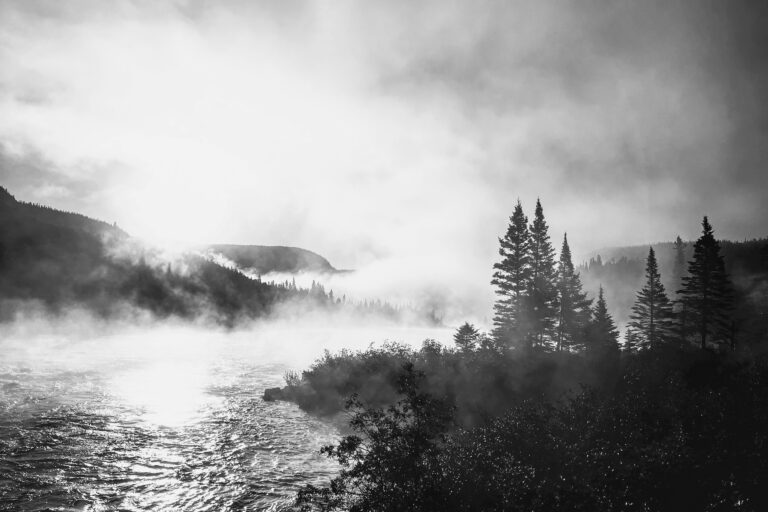This week on Mongabay’s podcast, celebrated author and repeat Nobel Prize in Literature candidate Robert Macfarlane discusses his fascinating new book, Is a River Alive?, which both asks and provides answers to this compelling question, in his signature flowing prose. Its absorbing narrative takes the reader to the frontlines of some of Earth’s most embattled waterways, from northern Ecuador to southern India and northeastern Quebec, where he explores what makes a river more than just a body of water, but rather a living organism upon which many humans and myriad species are irrevocably dependent — a fact that is often forgotten. “It’s unsurprising in a way, when we’ve become such terraformers … such users and manipulators of water, that [its] status as a life force … should have been forgotten,” he says. As we’ve previously covered on the Mongabay Newscast, bodies of waters’ rights to exist have played out in the courts from Aotearoa New Zealand to Toledo, Ohio, but legislation and litigation are not the only ways human beings stand up for waterways. Sometimes, it comes in the form of removing dams, as the world witnessed last year on the Klamath River on the U.S. West Coast, in a dramatic move that has catalyzed its recovery to health. Actions like this require humans to push back on the “shifting baselines” syndrome, which denotes gradual shifts in societal attitudes where increasingly poor environmental conditions are accepted as normal— like forgetting what healthy rivers were like before they were polluted, dammed…This article was originally published on Mongabay
Search
Recent Research
Want your Blog Article featured on our website?
Research
Featured News
Explaining Katsina’s Massive Leap to 2nd Position in the 2025 Climate Governance Ranking
In 2024, during the first edition of the Subnational Climate Governance Performance Rating and Ranking,
COP30: Firm to connect institutions with international climate finance opportunities
SISTME, a climate change and biodiversity conservation consulting firm based in Argentina, has offered to
From resistance to planetary governance, Indigenous women redefine global climate action
While world leaders negotiate behind closed doors in the Blue Zone of COP30, Indigenous Women
Sahara Group Foundation launches 16th Sahara Go Recycling Hub to boost environmental sustainability, economic empowerment
Sahara Group Foundation, the corporate social impact arm of Sahara Group, has commissioned its 16th
Climate finance is the lifeblood of climate action – Simon Stiell at COP30
Remarks delivered by UN Climate Change Executive Secretary, Simon Stiell, at the third High-Level Ministerial
UNDP, REA, GEF commission Plateau solar mini-grid to power agricultural value chains, empower rural communities
The United Nations Development Programme (UNDP), in partnership with the Rural Electrification Agency (REA) and
COP30: Africa urges world leaders to turn pledges into action
Africa has called on the world leaders to turn their pledges into action regarding the
Thousands join global marches calling on govts at COP30 to deliver climate justice
An estimated 30,000 people marched through the Brazilian city of Belém on Saturday, November 15,


